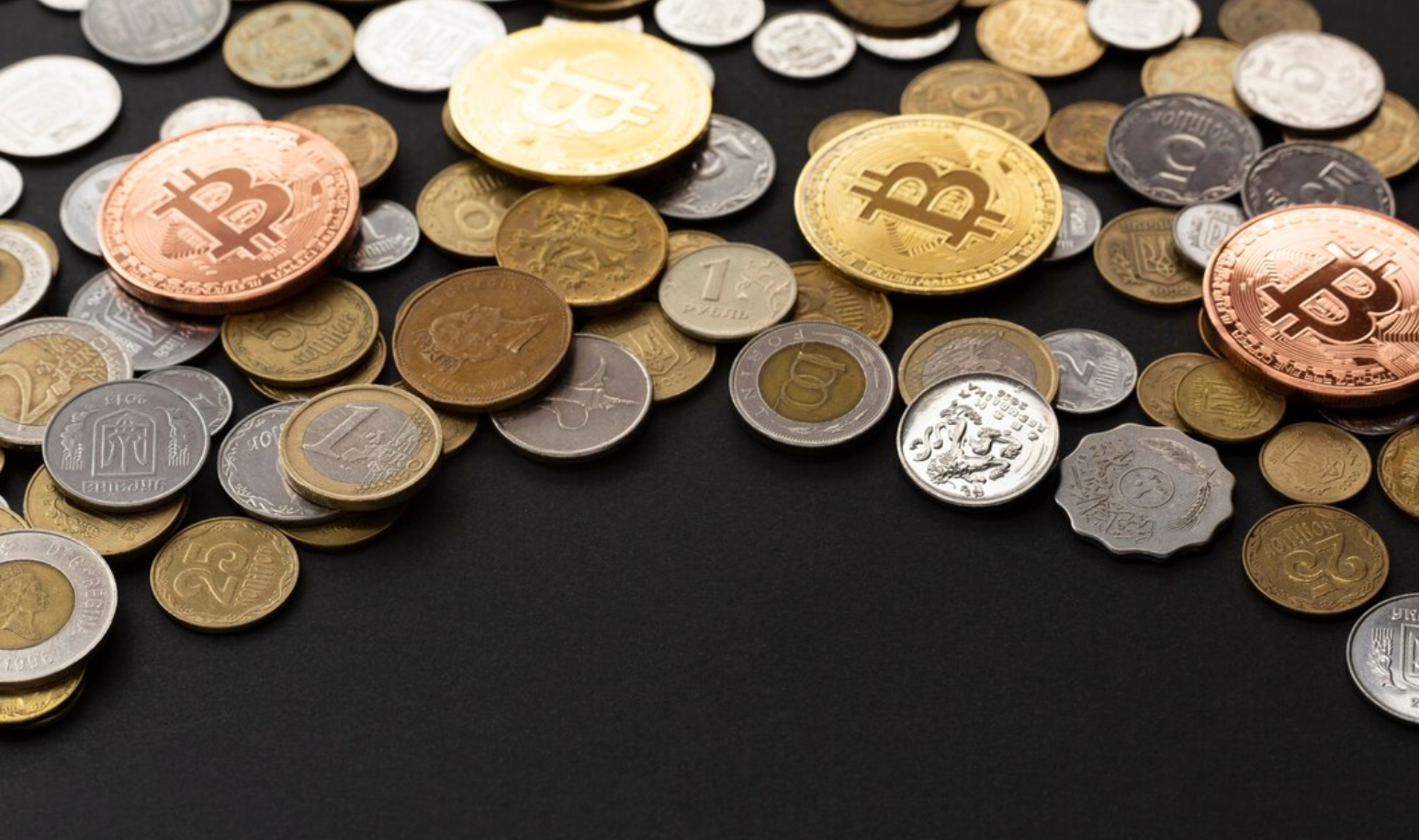Ponzi or not Ponzi?- The United States Securities and Exchange Commission (SEC) is carrying on with its campaign of repressive activities and is intent on enforcing its law against those who are suspected of committing fraud about cryptocurrencies. This time, she announced that she would be filing a lawsuit against the cryptocurrency platform BKCoin, accusing it of cheating its investors out of a total of $100 million.
The Securities and Exchange Commission is looking into BKCoin, a new cryptocurrency scam.
According to the SEC, BKCoin misled investors by claiming that the proceeds from the sale of cryptocurrencies would go towards funding the construction of the cryptocurrency exchange platform it was creating. The SEC, on the other hand, asserts that the corporation has never introduced a platform and has never acted by the laws and standards that are in place in the United States. To make matters even worse, the money would have been stolen and used for the perpetrator’s benefit.
In the lawsuit that the regulator brought against BKCoin and its founder Kevin Kang in the United States District Court for the Southern District of Florida, the regulator claims that BKCoin lied about the number of users and transactions that took place on its platform. The lawsuit also claims that BKCoin exaggerated the number of users. The total amount of money that would have been taken would amount to $100 million.
The SEC is now investigating what looks to be a fraudulent platform known as BKCoin.
The regulator is not pulling any punches when speaking out against BKCoin, as evidenced by the freezing of assets, sequestration, and emergency measure.
“Around $100 million was raised by BKCoin from October 2018 to September 2022 from at least 55 investors, with the intention of investing in crypto assets. However, some of this money was instead utilised by BKCoin and Kang for Ponzi-style payouts and other personal expenses.»
Press release – Source : DRY
A dismantled Ponzi scheme
The SEC describes, in excruciating detail, the awful scenario that exists about the distribution of the monies. Just $3.6 million of the total amount raised, out of a total of $100 million, would have been required to keep the pyramid operating and pay the returns to the initial investors. The remaining funds would have been used to provide Kang with a life of opulent comfort at his expense.
“According to the allegations made in the complaint, the defendants disregarded the structure of the funds, commingled the assets of the investors, and utilized more than $3.6 million to make payments to fund investors in a Ponzi-like scheme. The lawsuit also alleges that Kang stole at least $371,000 of money from investors and used it for personal expenses, such as paying for trips, purchasing tickets to sporting events, and renting an apartment in New York City.
Additionally, the American regulator claims that to get authorizations for BKCoin, bogus paperwork would have been paid for with the cash that was fraudulently embezzled.
The crypto witch hunt for the SEC
The US regulator reveals that it has a vigilante position regarding crypto investors who have been cheated. After confirming its assault on stablecoins, the SEC continues more than ever its repression against Ponzi schemes and other scams. This comes as a direct result of the attack on stablecoins.
This strategy has been confirmed by Eric Bustillo, who is the director of the SEC’s regional office in Miami:
“Contrary to what the defendants assert, investors did not entrust their money to the defendants so that they might trade crypto assets (…).” Instead, the defendants stole their money, fabricated phony documents, and even engaged in behavior similar to that of a Ponzi scheme. This move demonstrates our unwavering dedication to protecting investors and eliminating fraud across the entire securities industry, including the area of crypto assets.
Investors are being cautioned about the dangers associated with cryptocurrencies, and those who are suspected of fraud are being brought to justice. Authorities are continuing to strengthen their monitoring of activities related to cryptocurrencies. Present on all fronts, ranging from Ponzi scams to Binance and the legal status of cryptocurrencies: it would appear that the year 2023 will be placed under the sign of regulation across the Atlantic.





